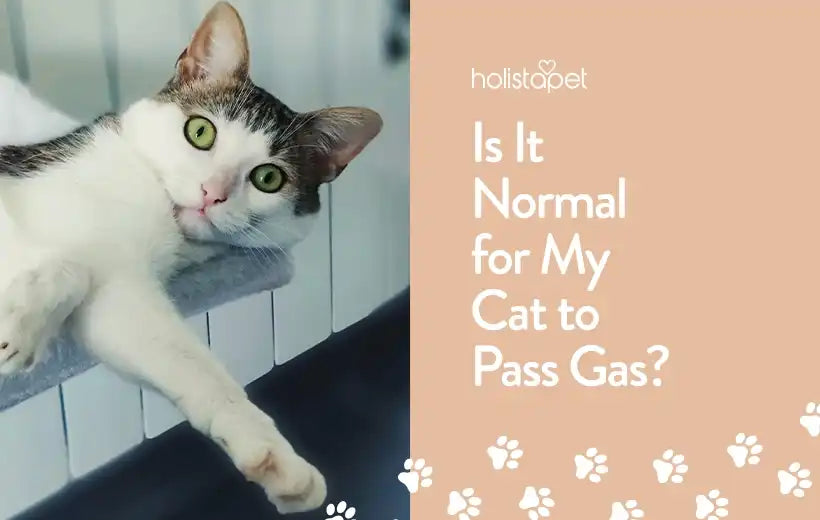Typically, cats have the reputation of being very independent. Many cat owners can tell you their cats can be pretty aloof, but our evolving understanding of this remarkable species suggests they can form significant social bonds and some cats do seem to experience separation anxiety when apart from their owners.
There are some cats suffering from separation anxiety because they were orphaned or abused. However, this anxiety condition can occur in any breed, gender, or age of cat. Cats that exhibit signs of distress when left alone might require some special attention to make sure they feel secure in your home whether you are there or not.
So, what are the signs and symptoms your cat could be experiencing anxiety?
What Are the Signs My Cat May Be Experiencing Separation Anxiety?
Incessant Meowing
This is probably the most common sign of distress in cats, especially when people are home. This is a sign that we can clearly hear and it usually gets a response. Like dogs suffering from anxiety, the only way they know how to communicate with humans is through vocalizations. This might include meowing, whining, or barking.
Is your cat is meowing plaintively as you leave the home or can you hear them before you return inside? Does your cat continue to meow after you have been home for a prolonged amount of time? If so your cat may be experiencing some anxiety about your presence in and out of the home.

Litter Box Issues
If you find your cat going outside of the litter box or even on your bed, and your veterinarian finds no medical reason for this behavior, it is likely that this is a sign of stress in your feline companion. Cat’s self-soothe by mixing their smell with yours.
They do this in a variety of ways. It's common for cats to rub their body against your leg, nearby objects, and other happy cat behaviors. Is your cat is relieving itself on your belongings (especially your bed)? They could be trying to self-soothe or communicate their distress! This is because you are sure to detect their signal as you prepare to go to bed.
Changes in Eating Habits
Any change in eating habits and subsequently weight can be a sign of concern for pet parents and should be investigated further. Cats can avoid food altogether, barely touch it, or overeat when they are stressed. Since eating habits can be a symptom of very serious medical concerns as well if you notice a change in your cat’s eating habits, it’s advised to bring this up to your vet to determine if your cat may be ill.
What Can I Do If My Cat Shows Signs of Separation Anxiety?
There are a few things you can do behaviorally to ease your cat’s nerves when you leave your anxious cat home alone. Since your coming and going can trigger your cat’s distress, avoid drawing attention, or making a big deal out of your leaving and returning. Just act like you are going out for a moment to check the mail. The idea is to not draw too much attention to yourself. Although it’s important to give your cat sufficient attention at appropriate times, if they have separation anxiety issues, avoid doing so near a time you will be leaving or returning.
Another thing that you can do to reduce your cat’s distress of being left alone is to make sure your cat’s environment is stimulating with plenty of cat-friendly activities. Cat houses (can even be an open cardboard box), food puzzles, toys, and even cat-friendly television shows that you can find online may distract your cat from your absence and keep them engaged in activities not related to your presence.
Have you already helped your cat with these suggestions? Are you still struggling with a stressed cat? There are products on the market to help ease separation fear. CBD Cat Treats can be a great option! They utilize the non-intoxicating component from hemp plants to help naturally calm pets. CBD can offer benefits for both humans and pets, as research and reviews indicate.
It is often difficult to deal with cats that have separation anxiety. Hopefully, some of the symptoms we have listed can help you understand the reasons for your cat’s behaviors and suggest treatments that can help your cat feel better. If you have any other suggestions for treating cat anxiety feel free to leave a comment! And for more helpful tips check out this cat care resource guide.
Great product: CBD for cats





































Leave a comment
This site is protected by reCAPTCHA and the Google Privacy Policy and Terms of Service apply.